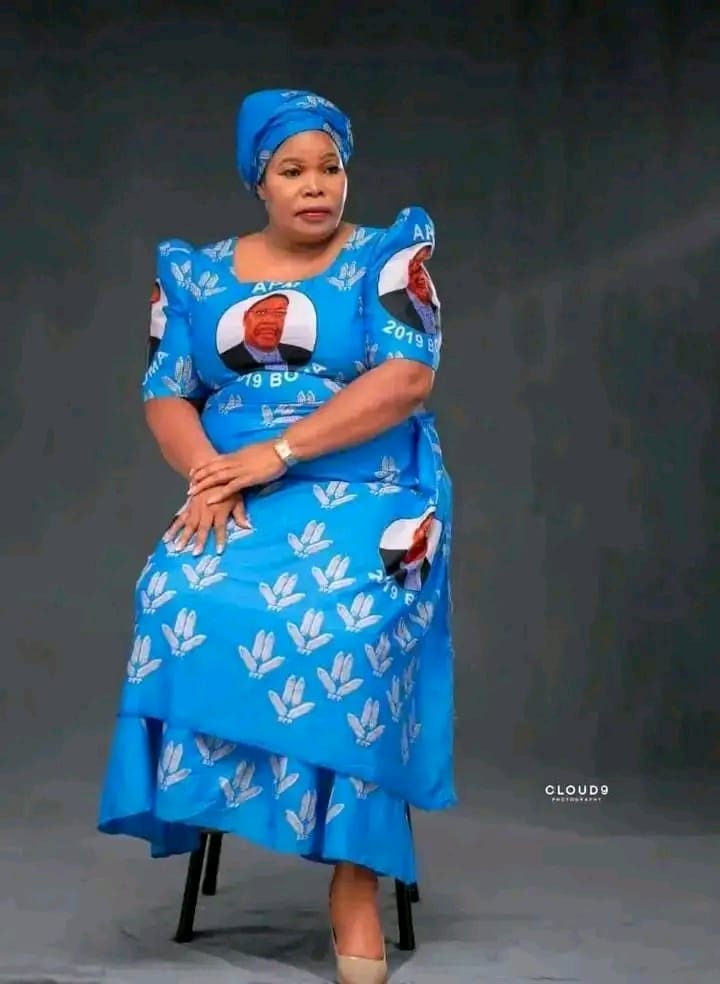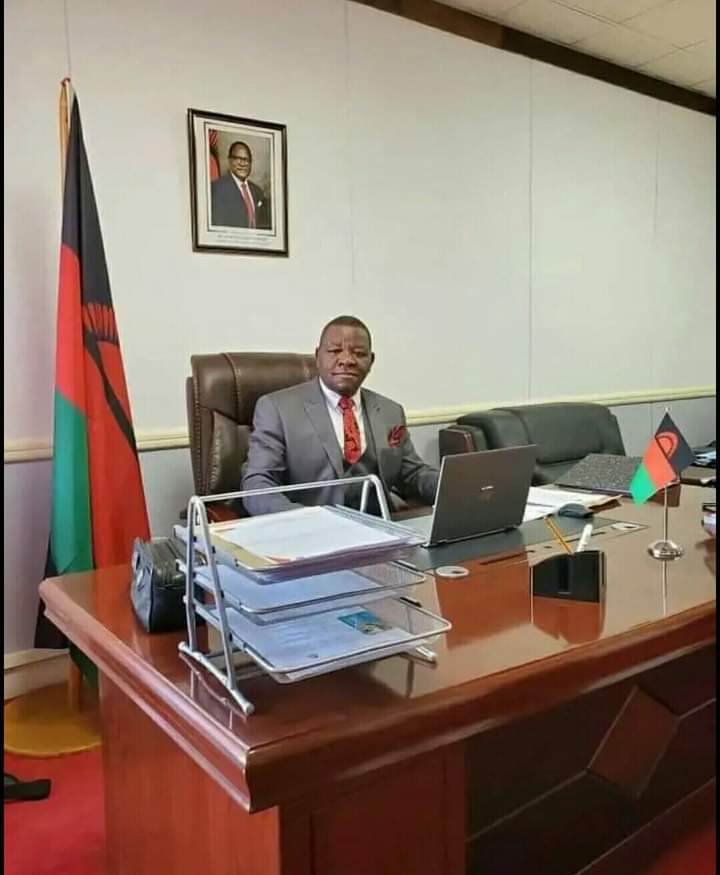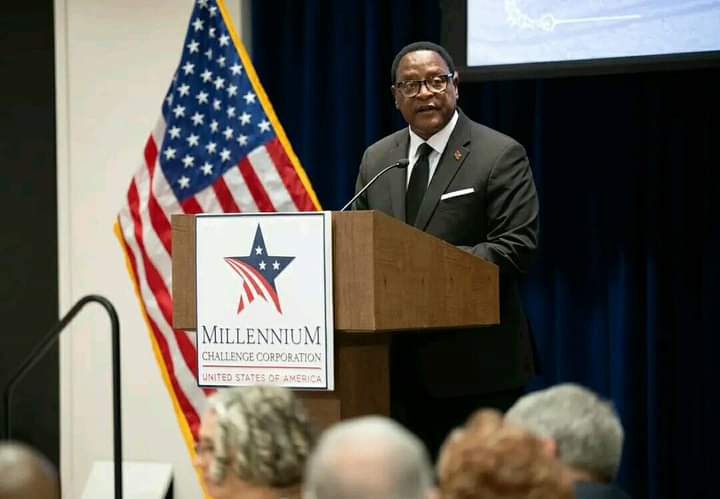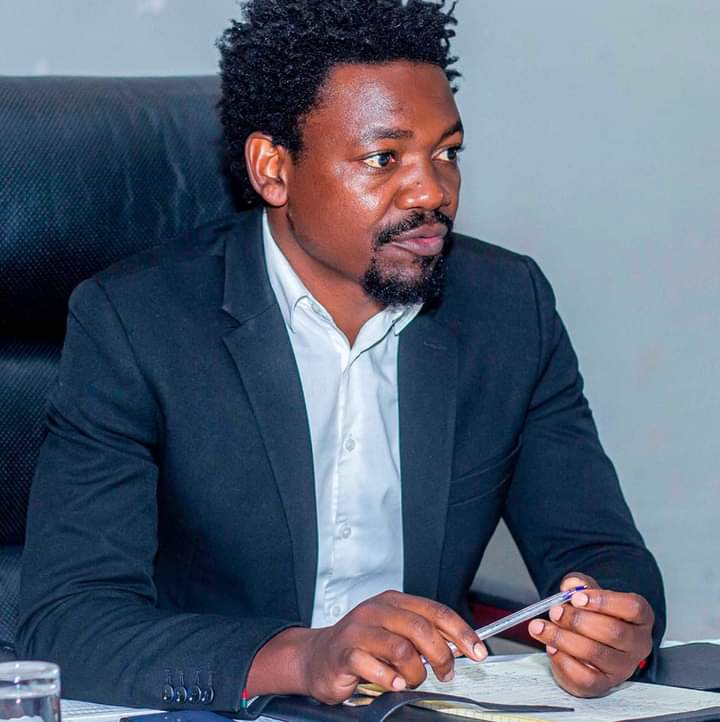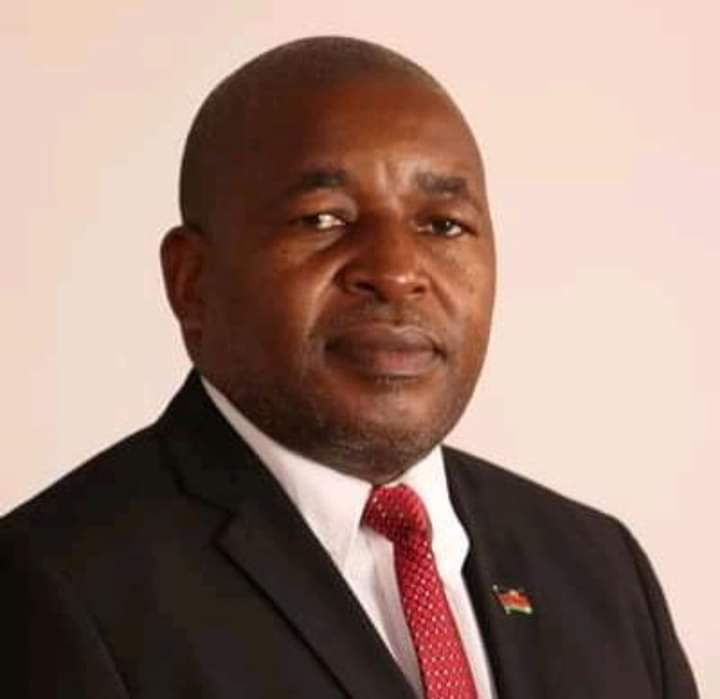New Electoral Law Creates Division
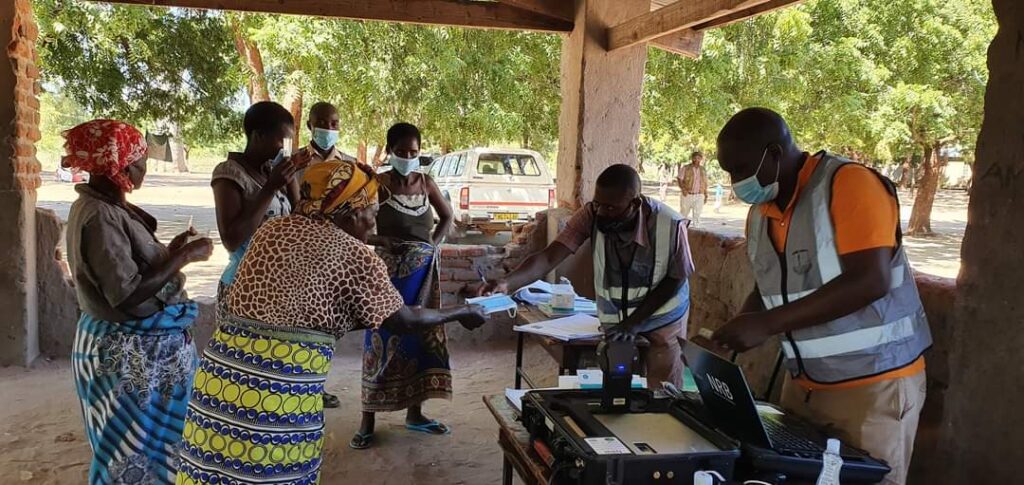
The Presidential, Parliamentary, and Local Government Elections Act 2023 has introduced significant changes, including adjustments to polling hours and the declaration of polling day as a public holiday.
Under the previous legislation, polling stations were open from 6:00 a.m. to 6:00 p.m. without any provision for the polling day to be a public holiday.
However, the new amendments have brought about changes, including the adjustment of polling hours to begin at 6:00 a.m. and conclude at 4:00 p.m.
This provides officials with ample time to count the ballots. Additionally, the polling day itself will now be recognised as a public holiday, ensuring that citizens have ample opportunity to participate in the electoral process.
A Member of Parliament for Mangochi Central, Victoria Kingstone, voiced concerns about the changes arguing that beginning vote counting at 4:00 p.m. while voting is in progress has the potential to disrupt the election process.
“I think counting votes when voting itself is underway can bring conflicts to an election, considering what happens during vote counting in an election. I am of the view that the Malawi Electoral Commission should look into this matter thoroughly to avoid conflicts,” she stated.
Kingstone suggested that the MEC consider adjusting the voting period to start before 6:00 a.m. and close at 4:00 p.m. to allow for the counting of votes during the day.
Reuben Kanyama, Member of Parliament for Mangochi West, commended the MEC for the changes but emphasized the need for intensive civic education to ensure the public is familiar with the modifications.
“The changes are welcome, but the Malawi Electoral Commission should do more in terms of civic education because people in the country are used to going to polling centers to cast their votes late. With polling day being a public holiday, it is better for people to vote in large numbers from 6:00 a.m. to the modified 4:00 p.m. period so that by the time counting begins, most of the targeted voters should have cast their votes,” said Kanyama.
Geoffrey Mereka Chiwondo, an aspiring Member of Parliament for Mangochi West in the 2025 general elections, agreed with the MPs’ concerns about the changes but added that the modification on the collection and payment of nomination fees seems prohibitive by not allowing instalments and demanding full payment at the point of collecting nomination papers.
However, Mereka acknowledged that since the changes have been announced well in advance, those who want to contest in 2025 will have enough time to prepare, including financially.
The politicians agree that the changes to the payment of nomination fees will bring sanity to the process, as only serious candidates will be able to complete it.
According to the MEC, these revisions aim to improve the accessibility and inclusivity of the electoral system by accommodating the needs and commitments of diverse individuals and communities
